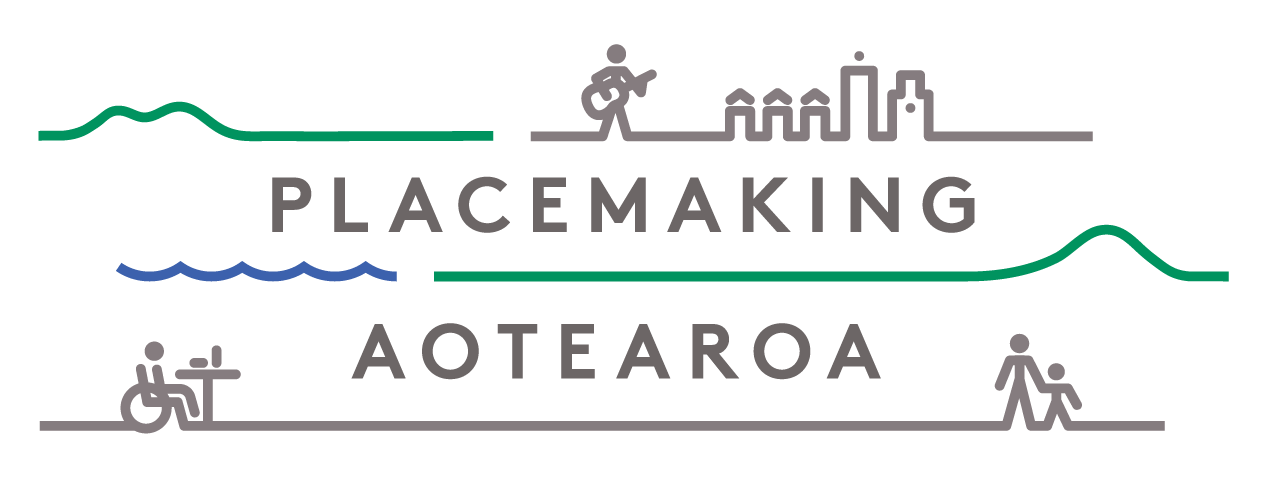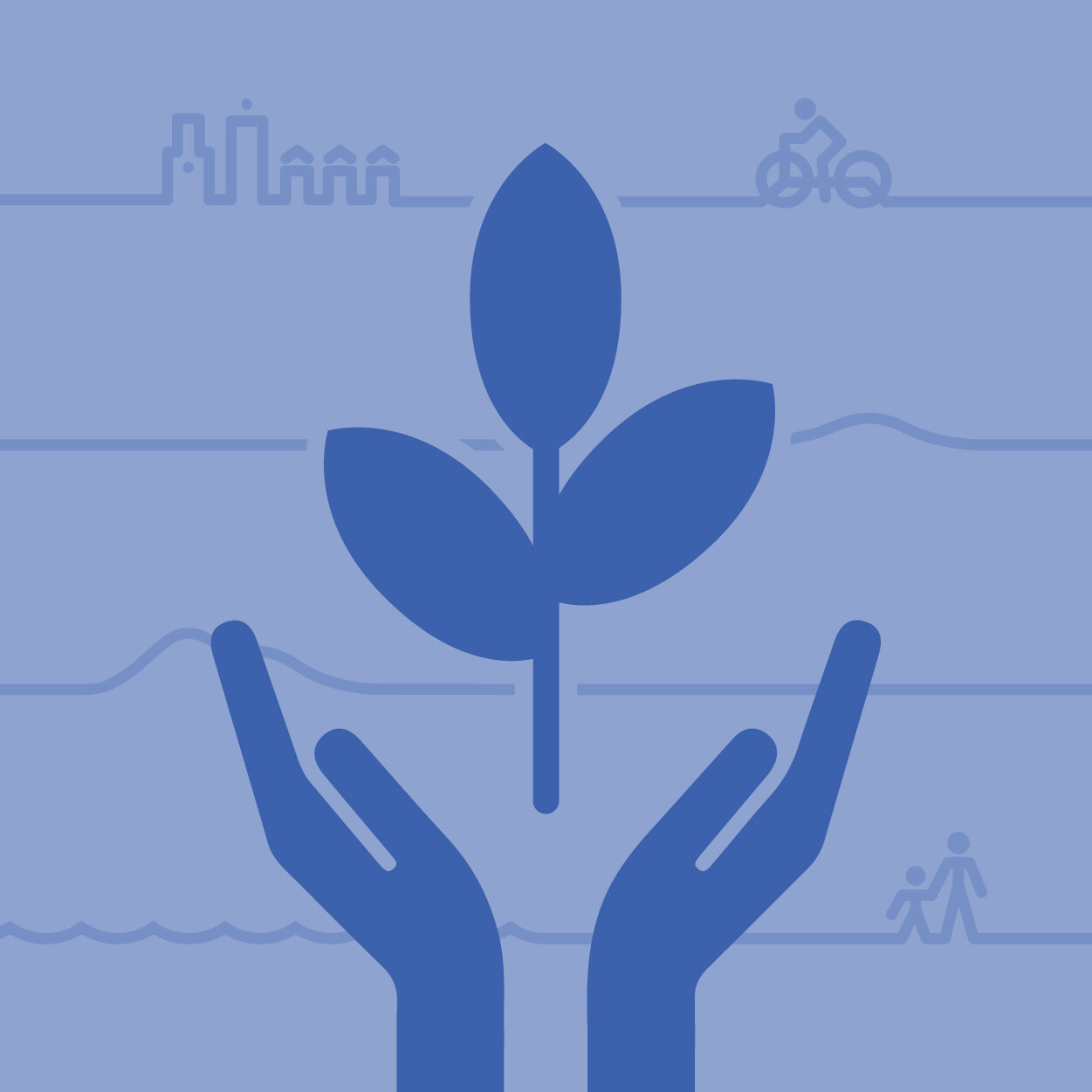
Tools, frameworks, case studies, templates, crowd-sourced lists of useful stuff and so much more. Enjoy and share!
This library is built and curated by the collective. We’d love it to grow! Something else you’d like to see here?
Placemaking Example Cards Case Study
Placemaking Count Guide Tools, Research, Policy
Placemaking Kit Handbook Tools, Templates, Guides
Books Case Study, Research, External Resources
Risk Assessment Tool / Risk Matrix Template Templates, Policy
Placemaking Assessment Template Tools
Soup Recipe Book Guides
Roadway / Footpath Products Tools, Guides, Case Study
Discover Cards Tools
Sheltered Cycle Parklet - Palmerston North Case Study
Public Space Experience Tool Tools
Community Gardens Policies/Guides Guides, Policy
Placemaking Ideation Cards Tools
The 5 WHYS Tools, Case Study
10 practical tips for community-led placemaking Guides, Case Study
Placemaking Process Tools, Templates, Guides
Journey Mapping Tool Tools
Placemaking Glossary Tools
Tools of the Trade Tools
Placemaking Kit Tāmaki Makaurau Tools, Templates, Guides
We are better together! And this is a space to share our stories. What is your placemaking story?
Tell everyone about you and your placemaking, show us where and how placemaking happens in your area and who is involved.
Inspire us! Challenge us! Help us all do placemaking better.
Send us the stories you want to share here
Boopsie Maran
Tara Moala
Keegan Alpin-Thane
Yana Kirakovskaya
Jia Luo
Share your story with us? How placemaking changed you, your place?
Ako Ako 2022: When is placemaking…?
November 21-25, 2022
Ako Ako was a week of online lunchtime kōrero - we met every day at 12 pm as a placemaking collective to talk about our practice, learnings, struggles and wins. We came together to listen, to share, and to meet other placemakers from all across Aotearoa, growing our networks and expanding our understanding of how placemaking is being applied in our places.
Ako Ako 2022 was about understanding where placemaking emerges in different environments, developments, and scenarios.
Placemaking and Partnerships: Facilitating Mana Whenua Involvement in Public Projects
Catalyse joined Marcus Bishop (Iwi Partnerships Technical Advisor at Wikaira Consulting in Wellington) for a discussion about his work and how it relates to Mana Whenua engagement in placemaking projects.
We discussed examples of approaches to project planning that support and improve iwi representation, and strategies that better enable Mana Whenua involvement in public-facing projects.
Useful resources from the discussion:
Placemaking Public Markets:
When are markets placemaking?
Mel Skinner (Kaikoura Market Manager) and Mike Fisher (former manager Riverside Market) discussed placemaking public markets and the important role that they can play in communities by connecting people to place - transforming the experiences in a town or city. Successful markets don’t happen by accident and need significant effort and energy, with key placemaking elements to thrive.
We learned about what goes into the creation of public markets, what they bring to communities and the community values that they emphasize.
When is Community Development Enriched by Placemaking?
This session involved a panel of current Community Development and Placemaking practitioners from Aotearoa. The panel discussed their views on the role of Placemaking in Community Development and the role of Community Development in Placemaking, exploring how placemaking enriches community development to highlight how the two practices work together and align.
Building capacity in our communities means that we need places where people want to go, and it requires us to be intentional about the places we are designing, creating and inhabiting, and the purposes they can serve.
Urban Play Mapping and Play Trails: The Theory of Urban Play
Play is typically highly accessible: it’s fun, open to all, disarming, and generally uncontroversial. Urban play as an attribute for the city has wide appeal, providing a safe framing for trying new things; making civic engagement more approachable; making spaces for new people, groups and communities.
Mapping urban play and subsequently developing play trails is a simple device to draw people to urban play. It’s a discrete, readily understood tool that will allow for scalability, accessibility, and many surprises.
But how do you map urban play and what could you include in a play trail? Hear about the theory and practice of urban play and play trails from practitioners and theorists in Ōtautahi Christchurch, Whanganui and Tāmaki Makaurau Auckland.

























